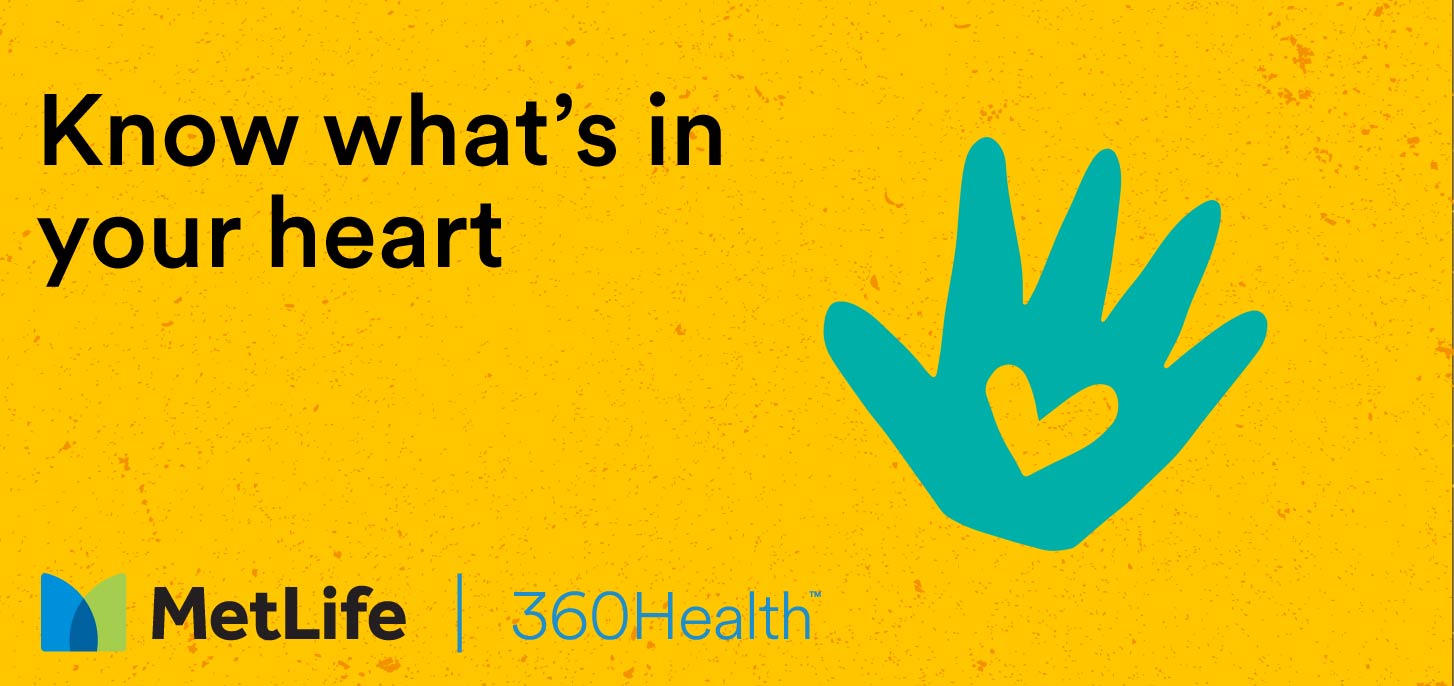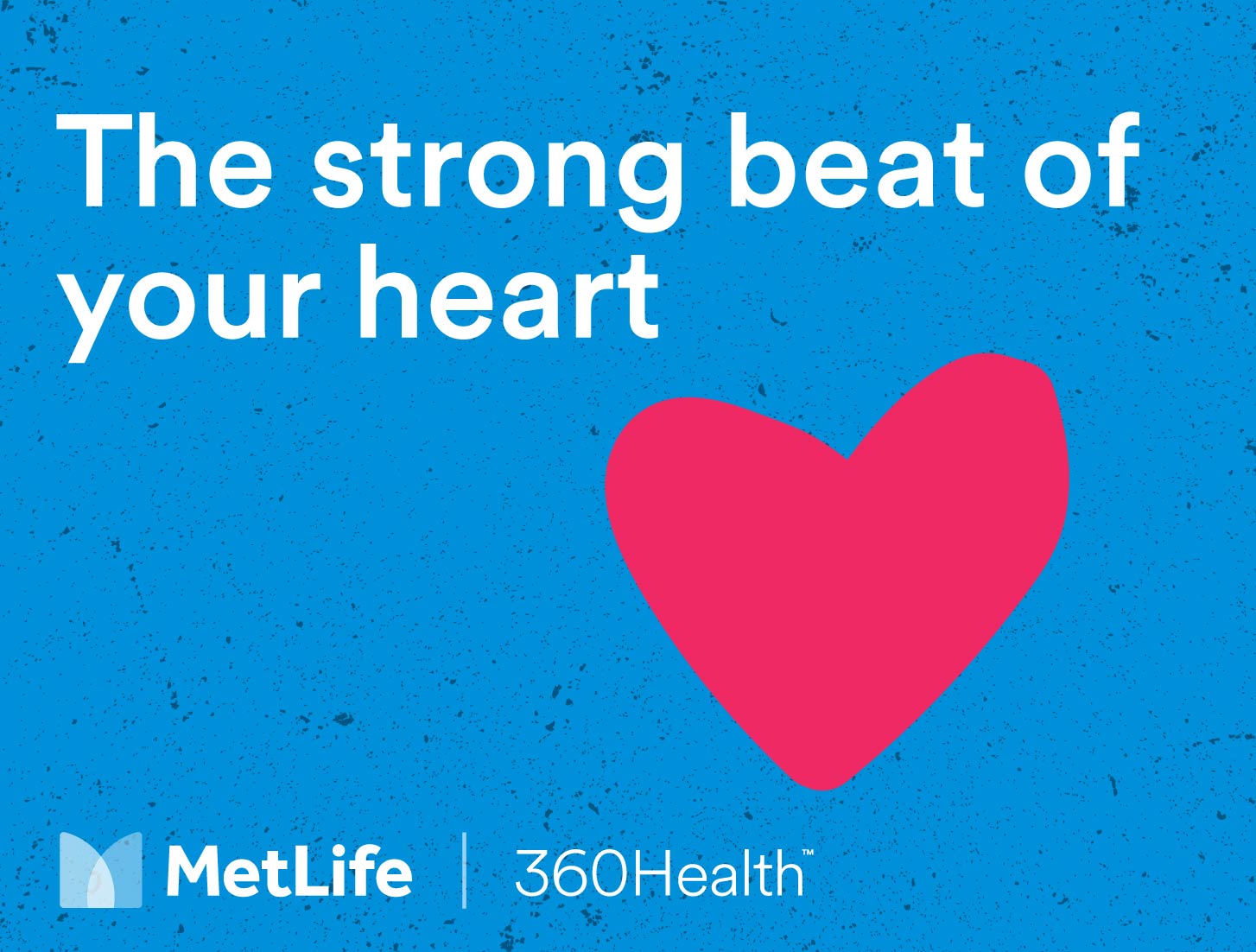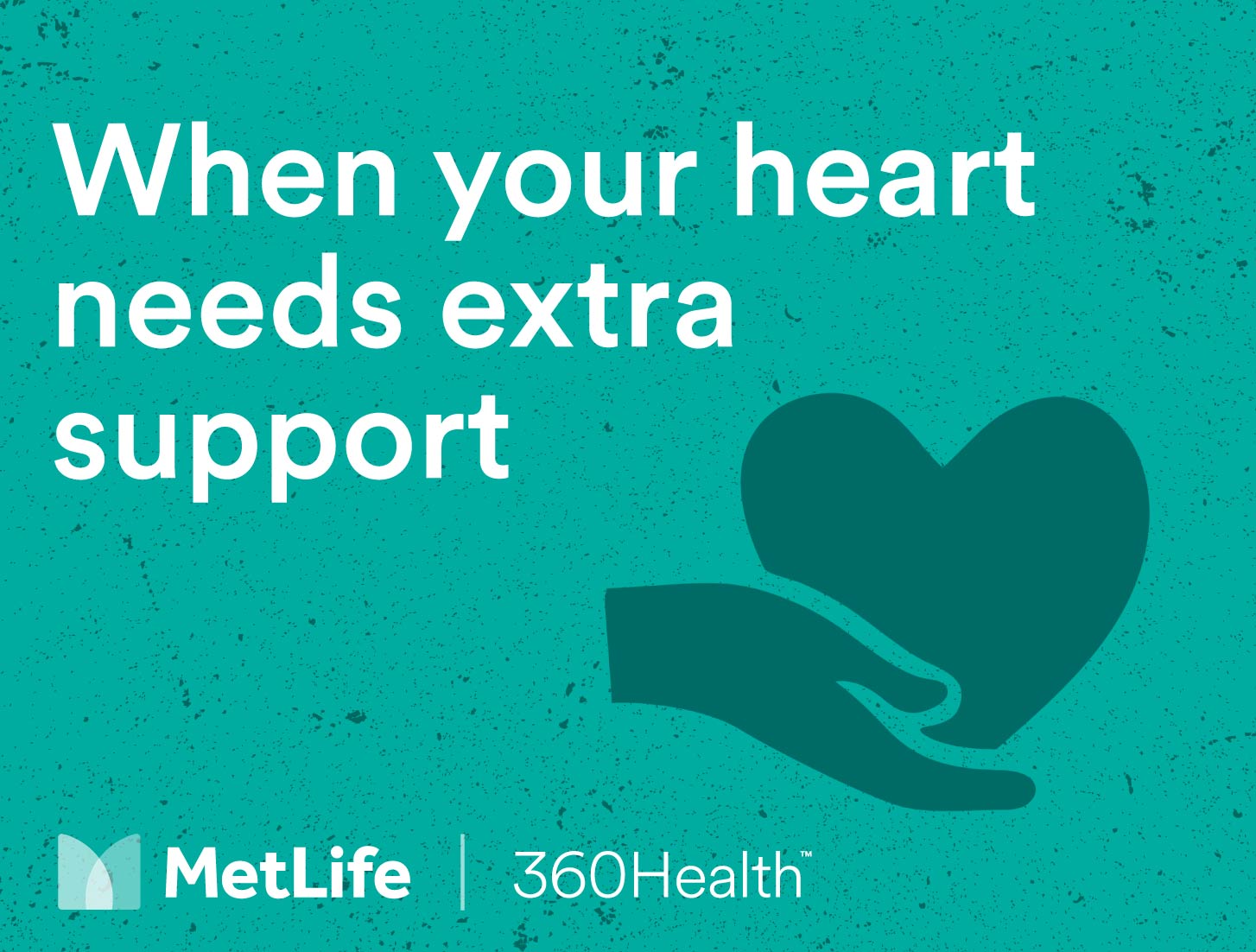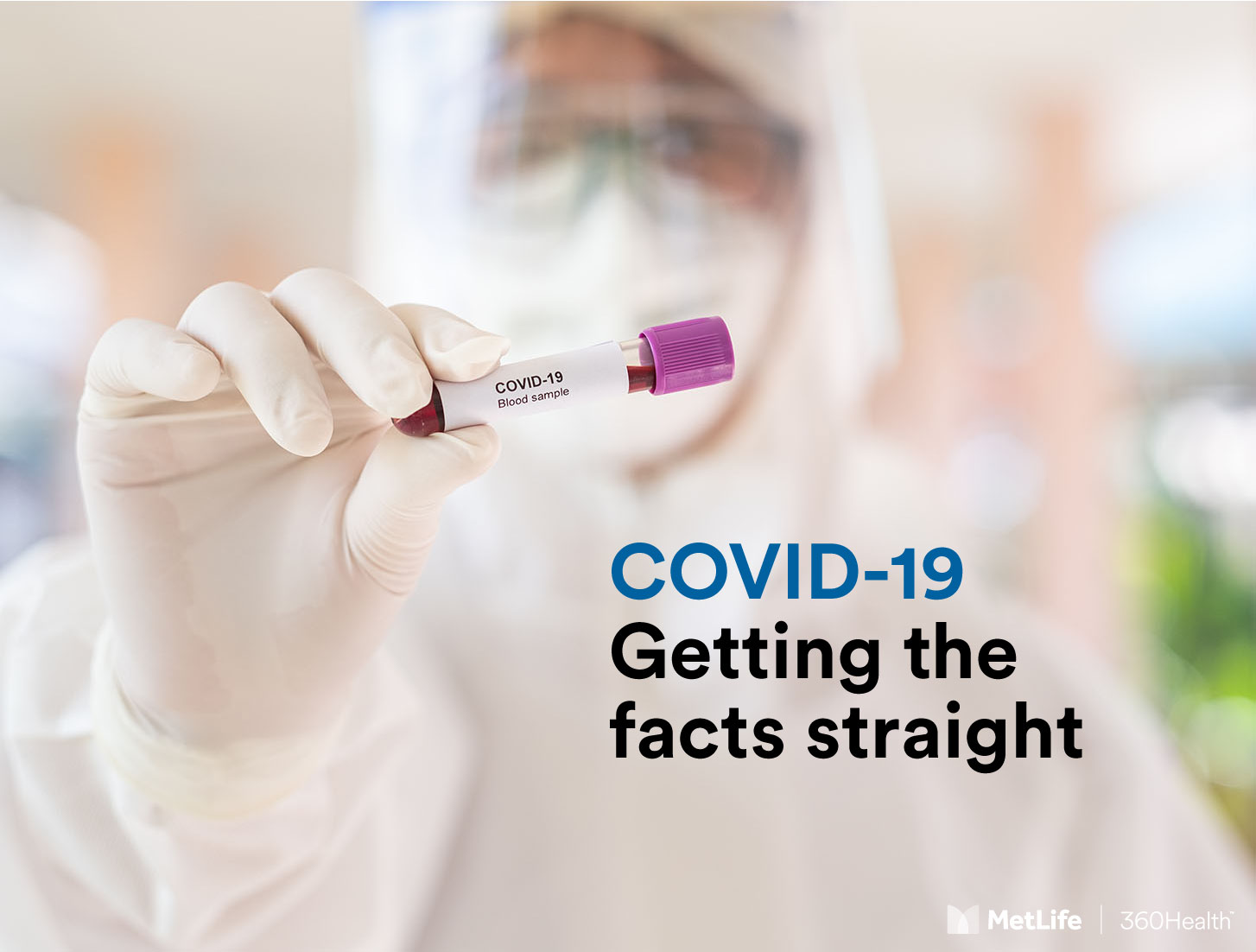
When it’s healthy, your heart is a marvel of strength and efficiency. It gives you stamina and helps you get through the day, no matter how relaxing or tough it might be. The heart is also an emotional centre — it beats faster with excitement and calms when you feel loved. Suffice to say it is a critical organ and the more you know about your heart, the better you can support it so it can better support you.
Coronary artery disease
Let’s focus on coronary artery disease, the most common cardiovascular disease in Australia. Coronary artery disease results from the accumulation of plaque on the inner walls of the arteries that bring blood to and from the heart. As more plaque is deposited, the arteries narrow and stiffen, restricting the flow of blood. This form of heart disease happens gradually, which is why it is possible for you to prevent or minimise its impact on your life. Over time, this can lead to a heart attack because the heart can’t get sufficient blood to keep working. A heart attack can cause permanent damage to the heart muscle.
Around 57,000 Australians are hospitalised due to a heart attack each year, with heart attacks causing almost one in 20 deaths which equates to one person dying every 74 minutes.
Know your risks
There are risk factors that can increase the likelihood that you’ll develop heart disease.
- High Blood Pressure (Hypertension):
- Monitor your blood pressure regularly and follow your healthcare provider's advice for management. Adopt a heart-healthy diet, exercise regularly, and limit sodium intake.
- High Cholesterol Levels:
- Get regular cholesterol checks. Make dietary changes to reduce saturated and trans fats, increase fibre intake, and consider medication if necessary.
- Smoking:
- While we know it’s often easier said than done, the best thing you can do is quit smoking immediately. Don’t be afraid to seek support from quit-smoking programs, nicotine replacement therapy, or medications.
- Diabetes:
- Manage your blood sugar levels through a healthy diet, regular exercise, and medication as prescribed by your healthcare provider.
- Excess Weight:
- Adopt a balanced diet and engage in regular physical activity to achieve and maintain a healthy weight.
- Physical Inactivity:
- Your heart loves exercise so try to incorporate at least 150 minutes of moderate-intensity aerobic activity or 75 minutes of vigorous-intensity aerobic activity per week. Remember, your heart is a muscle so include muscle-strengthening activities in your workout plan.
- Unhealthy Diet:
- Consume a diet rich in fruits, vegetables, whole grains, lean proteins, and limit processed foods, added sugars, and excess salt.
- Excessive Alcohol Consumption:
- Limit alcohol intake to recommended levels (e.g. no more than two standard drinks per day). Consider alcohol-free days.
- Stress:
- Manage stress through relaxation techniques, mindfulness, meditation, and seeking support from friends, family, or mental health professionals.
- Family History of Heart Disease:
- Be aware of your family history and discuss it with your healthcare provider for personalised risk assessment and management strategies.
- Age:
- As you age, be proactive about heart health by maintaining a healthy lifestyle, regular check-ups, and managing other risk factors.
- As you age, be proactive about heart health by maintaining a healthy lifestyle, regular check-ups, and managing other risk factors.
Remember that individual risk factors may vary, so it's crucial to consult with a healthcare provider for a comprehensive assessment and personalised recommendations to reduce your risk of heart disease.
How can MetLife 360Health help?
If you’re seeking guidance on some of the tactics above, including maintaining a healthy weight, you can chat to an accredited dietitian through the MetLife 360Health Nutrition Service or get a personalised fitness plan from an exercise physiologist through the MetLife 360Health Fitness and Mobility service.
MetLife 360Health services are included in your insurance coverage without any extra fees.
Further Reading














